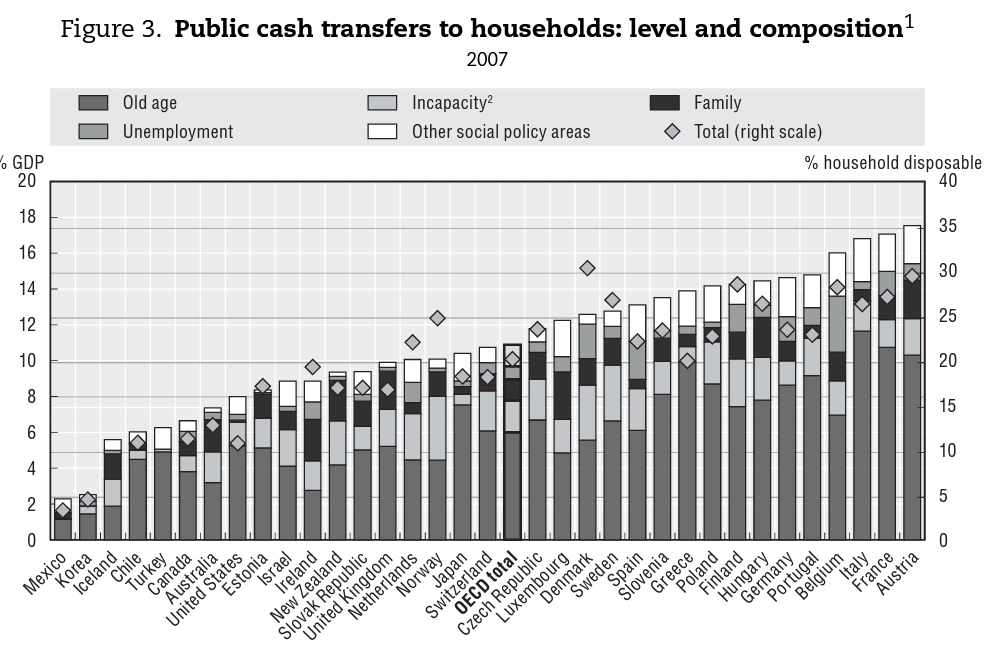Two recent studies:
- Skinner-Dorkenoo, Sarmal, Rogbeer, André, Patel & Cha find that showing White Americans information about “the persistent inequalities that produced COVID-19” resulted in respondents reporting lower fear of COVID-19, less “empathy for those vulnerable to COVID-19,” and less “support for safety precautions.” White people who were already more aware of racial disparities were already less concerned about COVID-19; giving them more information further reduced their concern. This study builds on previous findings that informing White people about racial disparities in the criminal justice system reduces their commitment to reform.
- Julian E. Barnes and Edward Wong report in The New York Times that “a group of Ukrainian activists, government officials and think tanks, called the Information Strategies Council of Ukraine, has sent emails and social media messages to 15 million Russian men of draft age, between 18 and 27.” These activists find that “Russians tend to dismiss messages highlighting Russian war crimes as American propaganda …, and pictures of Russian casualties run the risk of inciting anger at Ukraine, rather than the Kremlin.” Instead, “The most successful posts [focus] on the incompetence and corruption of Russian military leaders,” which highlights the suffering of Russian soldiers.
On one hand, we must speak freely and frankly about injustice. We must be able to address the powerful with moral critiques. Otherwise, crucial issues will be absent from the public debate, moral growth will be near-impossible, truths will be hidden, and those who suffer will lose their voice.*
On the other hand, it is a pretty safe bet that telling human beings they have unfair advantages is a good way to alert them to privileges they will want to protect. I am hard pressed to think of examples of progress that resulted from telling people they held advantages–no matter how eloquently or cleverly.
I can think of fairly large groups of people who have demonstrated moral growth, but generally at a slow pace and without major cost to themselves. For instance, the Federal Republic of Germany now recalls its Nazi past responsibly, but that happened well after World War II. First, foreign nations destroyed the Nazi regime; then Germans gradually accomplished moral growth. “In Germany, despite Allied efforts at de-Nazification, many Germans in the immediate postwar era maintained strong prejudice against Jews, even as they denied all knowledge of Hitler’s crimes,” writes Robert S. Wistrich. It took another generation and favorable political and economic circumstances for opinions to shift.
This does not mean that radical and rapid change is impossible; it frequently occurs. There are alternatives to moral persuasion. Advantaged people can be forced to change (as in the WWII case), they can be paid off, or they can be persuaded that they will benefit from change.
For instance, in the current war, Ukrainians are not, for the most part, trying to persuade Russians of any moral case. Instead, they are trying to destroy Russian battalion tactical groups, aircraft, and ships in order to defeat the invasion. Meanwhile, if Russians can be persuaded that they are suffering unnecessarily at the hands of their own government, so much the better. That message may give the Kremlin some headaches. (And it is true, even though it is extremely selective.)
The great Bayard Rustin criticized people who
survey the American scene and find no forces prepared to move toward radical solutions. From this they conclude that the only viable strategy is shock; above all, the hypocrisy of white liberals must be exposed. These spokesmen are often described as the radicals of the movement, but they are really its moralists. They seek to change white hearts. … To believe this, of course, you must be convinced, even unconsciously, that at the core of the white man’s heart lies a buried affection for Negroes–a proposition one may be permitted to doubt. But in any case, hearts are not relevant to the issue; neither racial affinities nor racial hostilities are rooted there. It is institutions–social, political, and economic institutions–which are the ultimate molders of collective sentiments. Let those institutions be reconstructed today, and let the ineluctable gradualism of history govern the formation of a new psychology.
“From Protest to Politics: The Future of the Civil Rights Movement” (Commentary, 2/39, Feb. 1965).
Both morality and politics matter. They are related but not identical. Morality demands speaking truth to power. But politics is about accomplishing beneficial change. Often, politics is more urgent; morality is better addressed in the wake of political success.
*To be sure, people sometimes make unfair or invalid critiques, but those should be aired, too, so they can be rebutted




